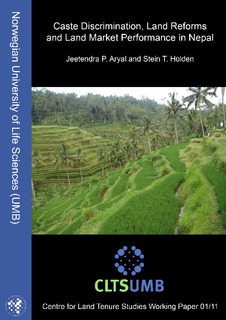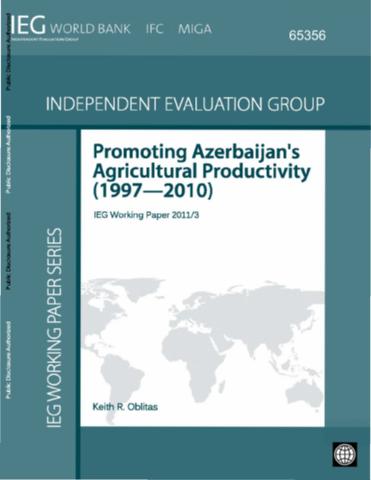USAID Country Profile: Property Rights and Resource Governance - Thailand
OVERVIEW: Thailand is facing the challenges of a transition from lower- to upper-middle-income status. After decades of very rapid growth followed by more modest 5–6% growth after the Asian financial crisis of 1997–98, Thailand achieved a per capita GNI of US $3670 by 2008, reduced its poverty rate to less than 10% and greatly extended coverage of social services. Infant mortality has been cut to only 13 per 1000, and 98% of the population has access to clean water and sanitation.







